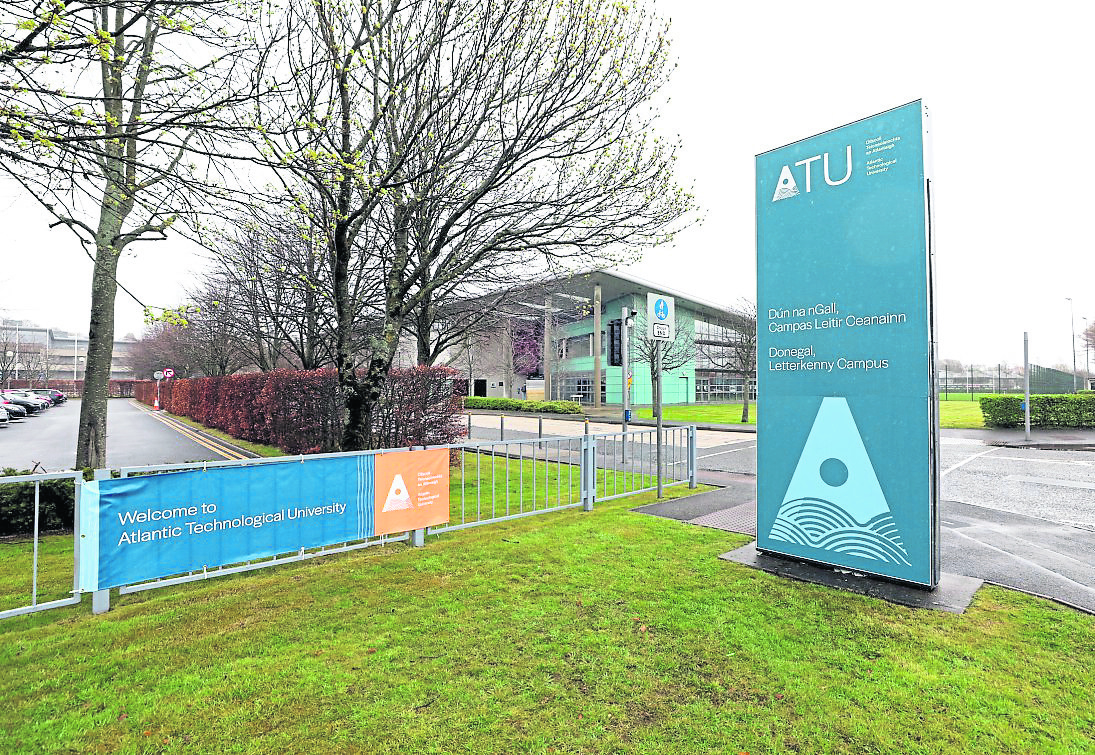by Sabrina Sweeney
There’s often much talk about the importance of keeping our young people in the county, of creating pathways that allow them not just to stay, but to thrive. The launch of the new Bachelor of Veterinary Medicine and Surgery at ATU Letterkenny this week is one of the most significant steps in that direction for the North West in decades.
It’s a development badly needed, for aspiring vets and their families, and for a farming industry that has been stretched thin by the growing shortage of vets, particularly large-animal specialists.
During my years as an agriculture reporter on the BBC’s Farmgate programme, and as a member of the Guild of Agricultural Journalists in Ireland, I met farming families and industry specialists from all over the North and the border counties.
Amid all the bigger conversations about food security, agri policy and rural resilience, there were other stories that came up again and again. One of them was the sad reality that if a young person from the region wanted to become a vet, they had to leave.
Until now, Dublin’s vet school offered the Republic’s only undergraduate programme, but with around just 85 places on offer for more than 600 applicants, according to recent CAO figures.
Northern Ireland, despite its strong farming heritage, does not have a full veterinary programme and can offer only indirect pathways, such as studying veterinary biosciences, animal science, or vet nursing. Some undergraduates went abroad to secure a place in a veterinary college in the UK or Europe. But many didn’t, because for countless families in Donegal and elsewhere, uprooting an 18-year-old for five years simply wasn’t feasible.
The result was a quiet but significant loss of young people with the instincts and experience that come from growing up on farms, the ones who knew the feel of lambing season, who could read an animal’s mood before it showed on a chart, or who had spent years helping at calving or dosing or blood-testing.
These were exactly the people our region needed to keep, and yet the route was closed off by geography, cost and circumstance. The announcement this week changes that picture.
A dedicated veterinary programme based at ATU Donegal means that, for the first time, aspiring vets from the North West can train close to home. It means they can stay connected to their family farms and to the communities where they are most likely to practise when their degree is complete.
Significantly it also means that a region that’s so dependent on agriculture has a real chance of strengthening its veterinary workforce from within. It’s worth noting that this new programme sits within a national plan: the Veterinary Places Activation Programme (VPAP), which is the Government’s major expansion of veterinary education in Ireland, designed to address long-standing shortages in veterinary capacity, especially in rural and large-animal practice.
Under VPAP, Ireland will create 80 additional veterinary student places every year from 2026, shared between two new schools: ATU in Donegal and SETU in the South East. In Letterkenny, ATU expects to welcome its first intake of 40 students in 2026. It’s a significant and momentous beginning.
But in a region with one of the most significant agricultural footprints in the country, 40 places feels both optimistic and modest. If we are genuinely committed to securing veterinary care for rural Ireland in the long term, then further growth will be essential. VPAP is a crucial step but like many things in rural life, the step will need to be followed by another.
Still, the impact of this moment shouldn’t be underestimated. This is more than a new degree. It’s a message to young people, farming communities and indeed the wider rural economy, that the North West is worthy of investment at the highest level and that opportunities, which once required uprooting to Dublin or Europe, can finally be pursued here at home.
But perhaps above all, there is finally way to keep the next generation of vets here, in the fields and farms that shaped them. After many years of waiting, it is huge moment for the young people in the West who’ve ever sensed that working with animals might be their calling.










